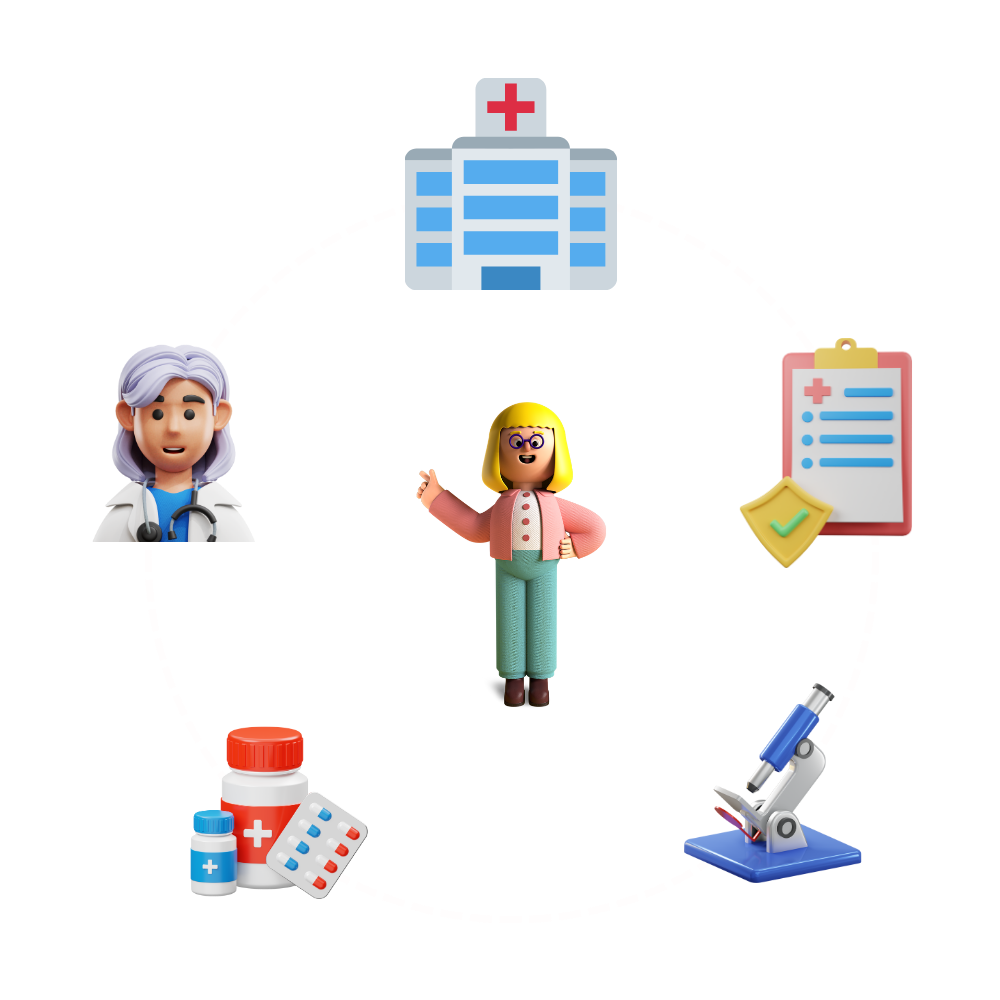Acupuncture is a form of traditional Chinese medicine that involves the insertion of thin needles into specific points on the body, known as acupoints. The practice is based on the belief that there is a flow of energy, called Qi (pronounced "chee"), that runs through the body along pathways called meridians. Acupuncture is believed to balance the flow of Qi, which in turn can promote healing and alleviate symptoms.
Acupuncture can be used to treat a wide range of conditions, including:
- Chronic pain, such as back pain, neck pain, and osteoarthritis
- Headaches and migraines
- Emotional and psychological conditions, such as anxiety and depression
- Addiction, such as smoking and substance abuse
- Digestive disorders, such as irritable bowel syndrome
- Respiratory conditions, such as asthma and sinusitis
During an acupuncture treatment, the practitioner will insert thin needles into specific acupoints on the body. The needles may be left in place for anywhere from a few minutes to an hour, depending on the condition being treated. Some practitioners may also use heat, gentle electrical stimulation, or other techniques to enhance the effectiveness of the treatment.
Acupuncture is considered to be a safe and effective form of treatment, but as with any medical procedure, there are risks. Some people may experience minor side effects such as bleeding, bruising, or discomfort at the needle insertion site.
It's important to choose a qualified and licensed acupuncturist, as the practice of acupuncture requires specialized training and knowledge.
 Drlogy
Drlogy




